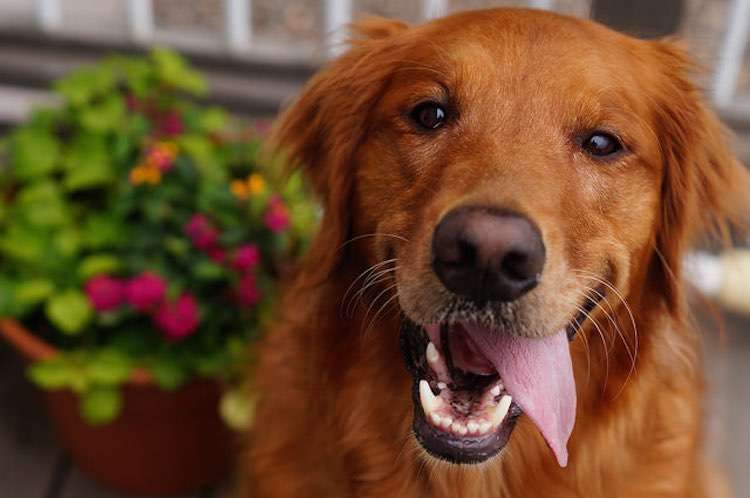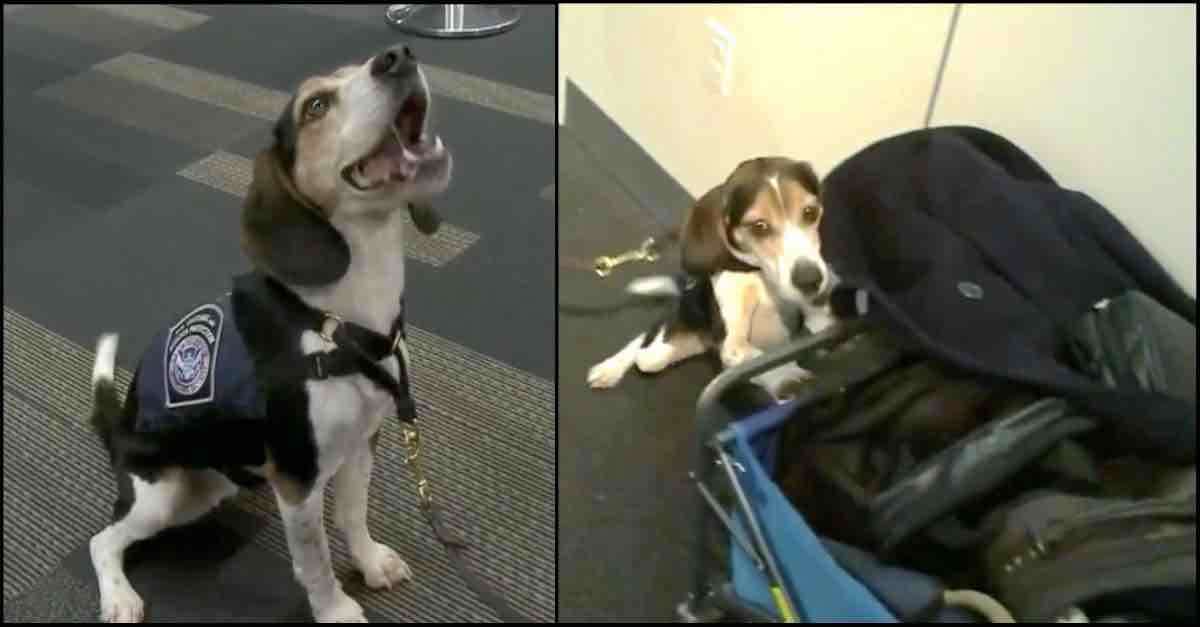Many people believe that animals can predict natural disasters, and we know service animals or household pets can forewarn their owners of imminent seizures or illness—like the service beagle who saved his owner's life, a diabetic, by smelling his dangerous blood sugar levels.
Lately, several reports in the news highlighted cases of dogs or cats sniffing out cancer in unsuspecting owners. They stick their noses or paws into the afflicted area and won't stop nudging until the owner is moved to do something about it. It turns out, there is scientific data to support the notion that not only can pets smell cancer, but dogs can be trained to find it.
In 1989, there was a published case of a Doberman-border collie mix belonging to a British woman sniffing out a malignant mole on the woman's thigh, once even trying to bite it off.
Today, a woman in Westminster, Colorado, is thanking her dog for finding her breast cancer. The pooch, Tess, relentlessly sniffed around her chest and persisted, even while the woman tried to ignore it. Heidi Robertson said, "She would put her nose, push her nose into my right breast." Next week she goes in for surgery, the doctors having confirmed finding cancer there, according to CBS News.
Researchers say a dog's nose can be more accurate than any current cancer tests. Last month, a woman's cat began kneading her left breast insistently. "Unbeknownst to Lynda, the exact placement of her cat's affection was a cancerous tumor," reports a Denver community Web site.
Lynda was relieved to be living with an early detection system built into her cat, so she decided to pay her good fortune forward by helping others who are not so fortunate. She began to see that cancer can present an enormous financial burden for survivors who are unable to work or left with inadequate insurance, so, as owner of Café Cartago — a specialty coffee company in Denver — Lynda decided to create a blend of coffee to raise money in support of women who are financially burdened by breast cancer, and called it Bald Lady Coffee.
In 2004, scientists in the U.K. reported that trained dogs could sniff out bladder cancer in patients' urine. A leading medical journal there published the results of the first ever meticulously controlled, double-blind, peer-reviewed study on the subject and concluded, "The results are unambiguous. Dogs can be trained to recognize and flag bladder cancer."
A 60 Minutes report in 2005 featured researchers in California and in Cambridge, England, who are studying this phenomenon. It told of dogs identifying the appearance of undetectable cancer bits.
"One of the three breast cancers, which we've had picked up by dogs, turned out to be a very, very small focus of malignancy, undetectable unless screened. And this was removed, and the dog immediately lost interest. But three months later, it began sniffing, snuffling and becoming agitated again when sitting on her lap. So, she shot back to the hospital, and lo and behold, they had missed a tiny bit of cancer."
The dogs even provided a correction for the researchers, flagging a urine sample scientists had thought to be cancer-free. When the sample was triple checked, they found it had been mis-diagnosed.
In January, a study featured in National Geographic showed trained dogs could detect lung and breast cancer by smelling people's breath. One of the Cambridge researchers recalled Hippocrates 2,400 years ago: "He was describing fruity smells associated with people with diabetes. And musty smells associated with liver disease."
60 Minutes summarizes:
If dogs can recognize such odors, the implications for medicine could be enormous. Those noses might provide early detection that science cannot yet achieve… especially for… disease like prostate cancer, for which current detection through blood tests is notoriously inaccurate.
(Featured Photo by Rburtzel, CC)
SHARE the amazing stories…










Be the first to comment